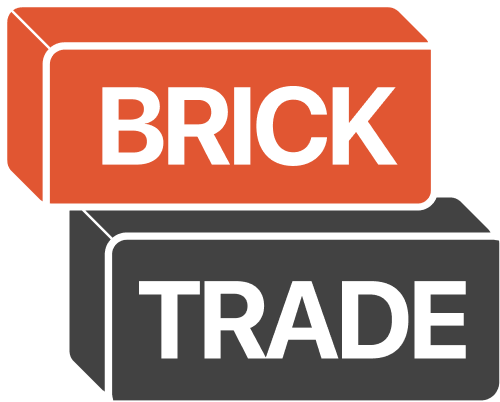In the digital age, the concept of homeownership is undergoing a revolutionary transformation through real estate tokenization. This innovative approach breaks down traditional barriers to investment, making property ownership more accessible to a wider audience. By converting property rights into digital tokens on the blockchain, tokenization democratizes access to real estate investment, traditionally the preserve of the wealthy or institutional investors.
Tokenization: Simplifying Ownership and Investment
Tokenization simplifies the complex web of real estate transactions by representing physical property as digital tokens. These tokens reflect a share in property ownership, allowing for fractional investment and trading on digital platforms. This method opens up real estate to those previously excluded due to high entry costs, enabling investment in properties worldwide with as little as a few hundred dollars.
From Deeds to Digital Tokens
The future of property ownership is shifting from traditional paper deeds to digital tokens. These tokens serve as proof of ownership and can be easily transferred or sold on blockchain platforms. This shift not only enhances the liquidity of real estate investments but also significantly speeds up transactions. The cumbersome process of buying or selling property, often taking up to three months, can be reduced to a matter of minutes. This efficiency is achieved by eliminating the need for middlemen, reducing paperwork, and streamlining the verification process through blockchain technology.
Impact on Real Estate Transactions
Tokenization's impact on the real estate market is profound. By making transactions faster, more secure, and less costly, it has the potential to radically change how we buy, sell, and invest in property. The blockchain's transparency ensures that all transactions are secure, immutable, and accessible, reducing the potential for fraud and disputes.
Envisioning the Future
As we look towards a future where real estate transactions can be completed in minutes instead of months, the possibilities for growth and innovation are boundless. Tokenization not only makes real estate investment more accessible but also contributes to a more equitable and efficient market. It promises a world where anyone can invest in property, supporting not just personal wealth building but also broader economic development and social housing initiatives.
This transformative approach to property ownership and investment signifies a shift towards a more inclusive, efficient, and secure real estate market. As technology continues to evolve, tokenization stands at the forefront of reshaping the landscape of homeownership, heralding a new era of accessibility and opportunity in the real estate sector.
